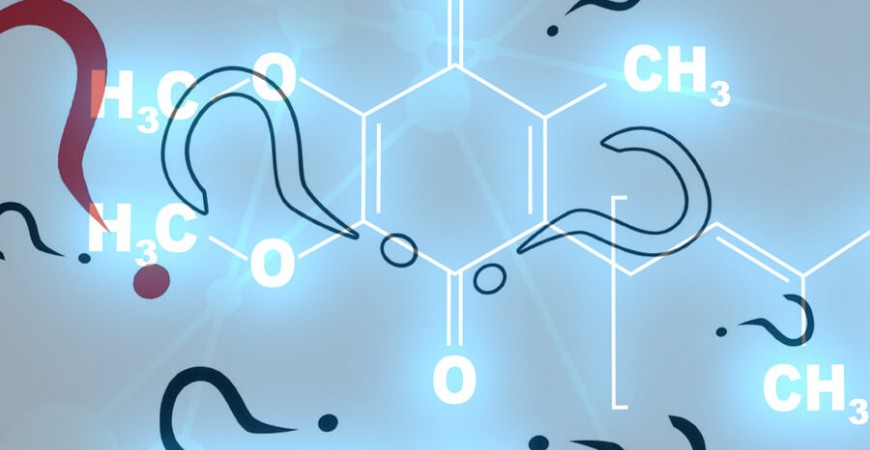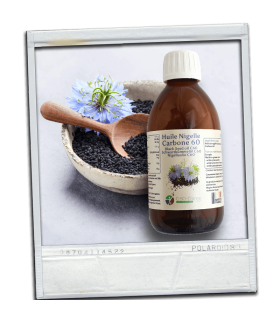Questions and Answers about the benefits of Coenzyme Q10
What is coenzyme Q10 (CoQ10)?
Coenzyme Q10 (CoQ10) is a natural compound that is found in every cell in the body. It is involved in the production of energy in the body's cells and plays a vital role in maintaining good health.
What are the benefits of Coenzyme Q10?
CoQ10 has a number of potential health benefits, including:
- Supporting energy production in the body's cells
- Acting as an antioxidant, helping to protect cells from damage caused by free radicals
- Supporting heart health and reducing the risk of heart disease
- Improving exercise performance
- Reducing muscle damage and soreness
- Improving symptoms of certain medical conditions, such as migraines, Parkinson's disease, and high blood pressure
What are the best food sources of Coenzyme Q10?
CoQ10 can be found in a variety of foods, including:
- Meat, particularly organ meats like liver and kidney
- Fish, such as salmon, sardines, and mackerel
- Whole grains, such as oats and brown rice
- Legumes, such as beans and lentils
- Vegetables, such as broccoli and spinach
- Nuts and seeds, such as almonds and sunflower seeds
Can Coenzyme Q10 be taken as a supplement?
Yes, CoQ10 is available as a dietary supplement in the form of a pill, capsule, or liquid. It is also available as a fortified food, such as a fortified energy bar or cereal.
Is it possible to get too much Coenzyme Q10?
It is generally safe to take CoQ10 as a supplement, but it is possible to get too much of this compound if you take high doses of CoQ10 over an extended period of time. Symptoms of CoQ10 overdose may include nausea, diarrhea, and upset stomach. It is important to follow the recommended dosage on the supplement label and to talk to a healthcare provider before starting a new supplement regimen.
Can Coenzyme Q10 have any negative side effects?
CoQ10 is generally safe when taken in recommended amounts. However, taking high doses of CoQ10 may cause side effects, such as nausea, diarrhea, and upset stomach. It is important to follow the recommended dosage on the supplement label and to talk to a healthcare provider before starting a new supplement regimen.
Is Coenzyme Q10 necessary for everyone?
Most people get enough CoQ10 from their diet, but some people may need to take a supplement to ensure they are getting enough of this compound. This may include people who have certain medical conditions that affect the production of CoQ10, or those who are taking medications that may interfere with CoQ10 levels in the body.
How can I ensure I'm getting enough Coenzyme Q10?
The best way to ensure you are getting enough CoQ10 is to eat a varied diet that includes foods that are rich in this compound, such as meat, fish, whole grains, legumes, vegetables, and nuts and seeds. If you are concerned about your CoQ10 levels, you can talk to a healthcare provider about whether taking a CoQ10 supplement is right for you.
Can Coenzyme Q10 interact with any medications?
Yes, CoQ10 can interact with certain medications. For example, CoQ10 may interfere with the effectiveness of blood thinners, such as warfarin (Coumadin), and may also interact with certain medications used to treat high blood pressure, such as ACE inhibitors and beta blockers. CoQ10 may also interact with cholesterol-lowering medications, such as statins, and may affect the metabolism of certain medications, such as antidepressants and blood pressure medications.
It is important to talk to a healthcare provider before taking CoQ10 if you are taking any medications, as CoQ10 may interfere with the effectiveness of these medications or cause unwanted side effects. Your healthcare provider can help you determine the appropriate dosage and determine if CoQ10 is safe for you to take.
How does Coenzyme Q10 work in the body?
CoQ10 plays a key role in the production of energy in the body's cells. It is involved in the process of cellular respiration, which converts oxygen and nutrients into energy. CoQ10 is also an antioxidant, which means it helps to protect cells from damage caused by free radicals. Free radicals are unstable molecules that can cause damage to cells and contribute to the development of certain diseases.
Can Coenzyme Q10 improve exercise performance?
Some research has suggested that CoQ10 may improve exercise performance, particularly in people who are physically active or engage in endurance exercise. CoQ10 is involved in the production of energy in the body's cells, and it may help to increase energy levels and reduce fatigue during exercise. However, more research is needed to fully understand the potential benefits of CoQ10 on exercise performance.
Can Coenzyme Q10 reduce muscle damage and soreness?
Some studies have suggested that CoQ10 may help to reduce muscle damage and soreness after exercise. CoQ10 is an antioxidant, and it may help to reduce oxidative stress in the muscles, which can contribute to muscle damage and soreness. However, more research is needed to fully understand the potential benefits of CoQ10 on muscle damage and soreness.
Can Coenzyme Q10 improve symptoms of migraines?
Some research has suggested that CoQ10 may help to reduce the frequency and severity of migraines. CoQ10 is thought to work by reducing oxidative stress in the body, which may help to reduce the likelihood of developing a migraine. However, more research is needed to fully understand the potential benefits of CoQ10 on migraines.
Can Coenzyme Q10 improve symptoms of Parkinson's disease?
Some studies have suggested that CoQ10 may help to improve symptoms of Parkinson's disease, a progressive neurological disorder that affects movement. CoQ10 is thought to work by reducing oxidative stress in the brain and helping to protect brain cells from damage. However, more research is needed to fully understand the potential benefits of CoQ10 on Parkinson's disease.
Can Coenzyme Q10 lower blood pressure?
Some research has suggested that CoQ10 may help to lower blood pressure, especially in people with hypertension (high blood pressure). CoQ10 is thought to work by improving blood vessel function and reducing oxidative stress in the body. However, more research is needed to fully understand the potential benefits of CoQ10 on blood pressure.
Can Coenzyme Q10 improve fertility in men?
Some studies have suggested that CoQ10 may improve fertility in men, particularly in those with low sperm counts or poor sperm motility. CoQ10 is thought to work by improving sperm quality and increasing the chances of fertilization. However, more research is needed to fully understand the potential benefits of CoQ10 on fertility in men.
Can Coenzyme Q10 improve skin health?
Some research has suggested that CoQ10 may help to improve skin health by reducing the appearance of fine lines and wrinkles and improving skin texture. CoQ10 is an antioxidant, and it may help to protect skin cells from damage caused by free radicals. However, more research is needed to fully understand the potential benefits of CoQ10 on skin health.
Is Coenzyme Q10 safe for pregnant women?
It is generally considered safe for pregnant women to take CoQ10, but it is always best to talk to a healthcare provider before starting a new supplement regimen











